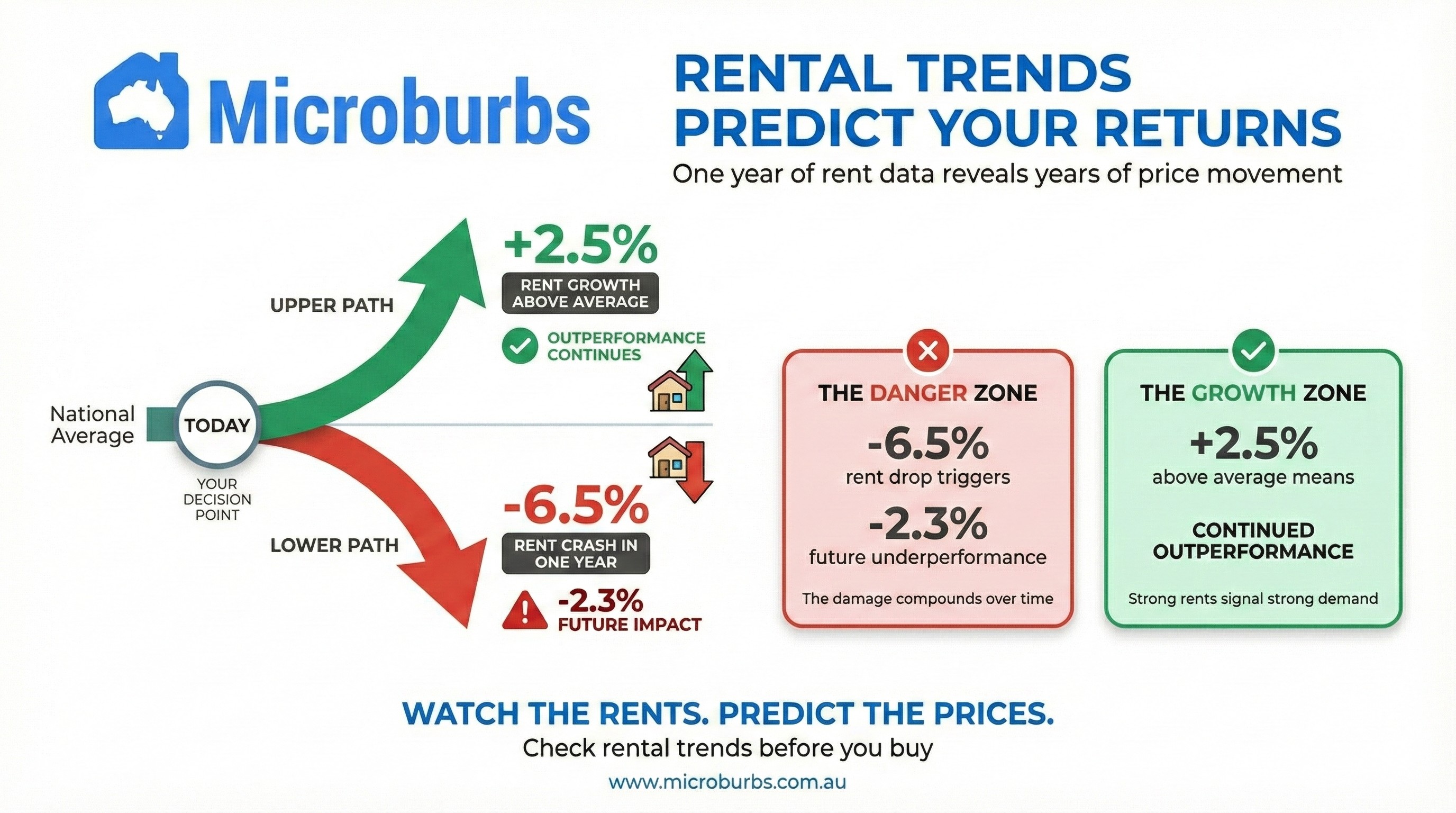Whether you’re buying your first house, investment property or family home, it is essential to research to the best of your ability. Buying property is a huge decision and to be misinformed is to potentially make a big mistake and waste your money. It is also essential to research before signing a lease contract – you don’t want to be stuck somewhere you don’t like. Here are our top ten tips for researching property – they won’t let you down!
Know what you want
You probably have an idea of the property you want in your head. The key to finding the best property is to be firm about what you need and flexible with the rest. For example, you may not be fussed whether an apartment has one or two bedrooms, but insist that it has a car space and storage. When inspecting a property it can be easy to be overwhelmed by certain features and forget about what you actually need. Write down your essentials – e.g. the number of bedrooms, bathrooms or car spaces. Don’t bother looking at any property that does not fit the bill, unless it has renovation potential.
Set a price
By choosing a maximum price you are willing to spend, and sticking to it, you are saving yourself more trouble in the long run. Buying or leasing a property that you cannot afford will increase your stress levels and make it far more difficult to come out on top. It may be better to buy something cheaper that you can work on in the future, rather than spend big initially.
Neighbourhood profile
Finding the right neighbourhood is the key to finding your dream house. Though you may find the perfect property, where it is situated will ultimately affect your lifestyle and the future selling price. Use the Internet, talk to real estate agents or do a drive by to discover what surrounds the house. Schools, shopping centres, public transport and public facilities are always important. Many real estate websites offer simplistic neighbourhood profiles that will give you an idea of what’s around. Follow up by spending some time in the community to get a feel for it.
Word of mouth
When you decide to buy or rent a house, it’s likely you will have many discussions with your family and friends about it. Use this to your advantage – ask them for advice or recommendations. Learn from their mistakes and use them to help you find the right suburb or type of property. If they live a similar lifestyle to you, it may be a huge help!
Australian Bureau of Statistics
For a sure way to find statistics about the demographics in the suburb you’re looking into, visit the Australian Bureau of Statistics website and type in the postcode. With the click of a button you will have access to census data and other stats about the neighbourhood. Microburbs makes this and other data very accessible.
Search the web
Nowadays the easiest way to discover properties for sale or lease is to hop online and search the web. You can access photos, floor plans, descriptions, auction dates and more, all from the comfort of your home. This also eliminates the chance of you travelling to visit a property that doesn’t fit your needs. Gumtree is a great place to start, with hundreds of property listings for houses and rooms to lease.
See it for yourself
It’s easy to flick through photos on the net, but if a property really sparks your attention or curiosity, the best way to decide whether it’s “the one” is to see it for yourself. Visiting in person may give you a different perspective.
Seek advice
When in doubt the best thing to do is seek help from a professional. Real estate agents can offer a great insight into property and may be able to point you in the right direction if they know of a hot new house that has just gone up for sale or lease.
Consider a buyer’s agent
The role of a buyer’s agent is to work in the interests of the client, finding the best value properties for the best price. They do not sell property; they research and negotiate for the client. Hiring a buyer agent may be beneficial for someone who is thinking of purchasing his or her first investment property and does not want to make a huge mistake.
Check building permits
Many investors choose to buy property based on land size and whether or not it has permits for building. Units and apartments are growing in popularity in most metropolitan areas; therefore land that can potentially accommodate more than one property can be a great investment decision.




